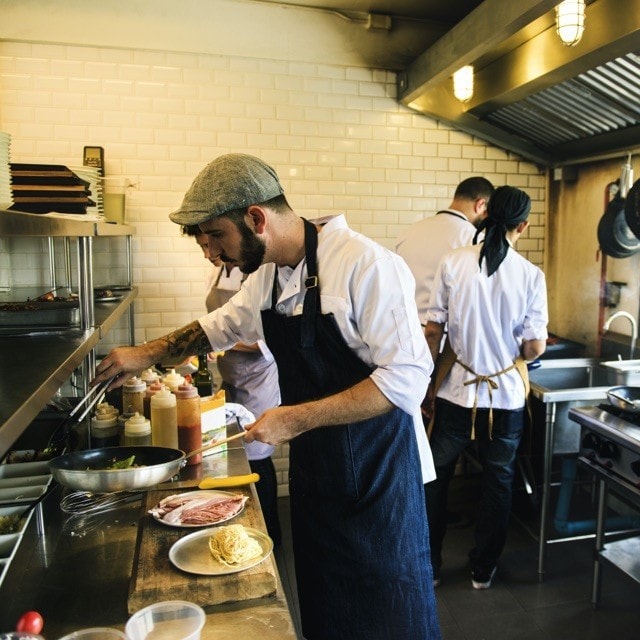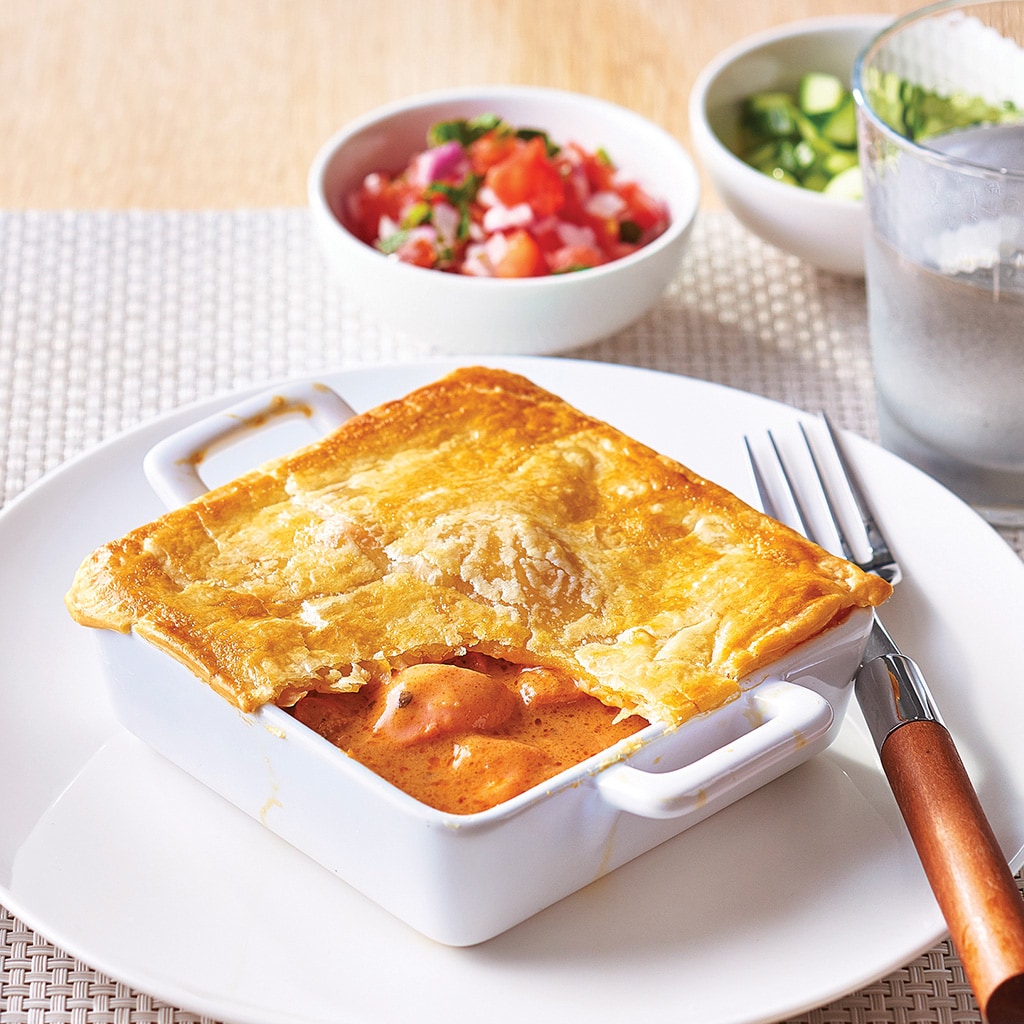Industry News
Tips on managing your aged care kitchen from experts
Find out more about Aged Care RE:FRESH
Top recipes
-
Sweet Potato Lentil Soup -
Asian Chicken Noodle Soup -
Cream of Chicken Soup with Turmeric, Ginger and Shallots -
Butter Chicken Tikka Pie -
Slow Cooked Lamb Shoulder with Korma Sauce -
Thai Red Curry Lamb Shanks -
Mexican Loaded Sweet Potatoes -
Mini Tandoori Chicken & Sweet Potato Pizzas -
Lovers Lamington Parfait -
Cheesecake Passion -
Asian Chicken Noodle Soup -
Veggie Minestrone
Log in or Create an account to access:
- Get access to this content
- Discover the latest culinary trends
- Explore and save your favourite recipes
- Watch free video training courses for chefs
Already have an account?
Log in here






























